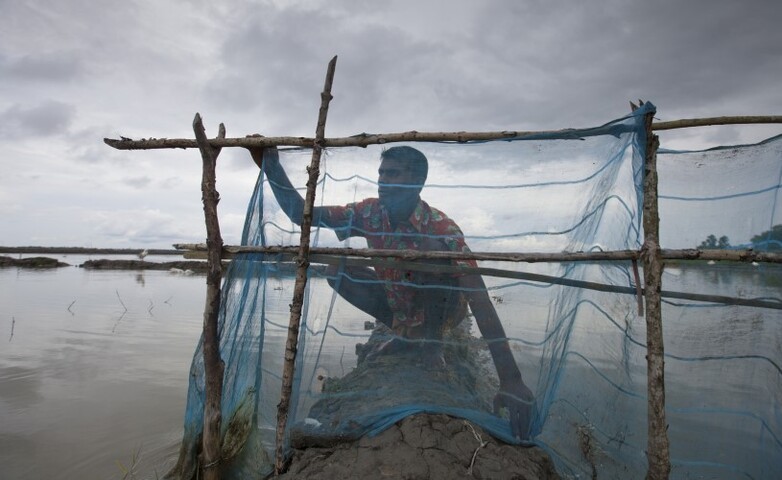Advancing cross-border cooperation for responsible fisheries management in Southeast Asia
BlueFairFish – Combatting illegal fishing
-
Client
German Federal Ministry for Economic Cooperation and Development (BMZ)
-
Country
ASEAN Member States, Indonesia, Philippines, Thailand
-
Political sponsors
More
-
Runtime
2025 to 2027
-
Products and expertise
Climate, environment, management of natural resources
Context
Since 1960, global fish consumption has doubled, according to the Food and Agriculture Organization (FAO) in 2022. This intensifies fishing, which reduces marine populations, disrupts essential ecosystem functions, and weakens the oceans’ ability to act as global carbon sinks. At the same time, overfishing threatens the marine fisheries worldwide.
This global challenge has a particularly significant impact in Southeast Asia. The Association of Southeast Asian Nations (ASEAN) – a regional alliance of ten Southeast Asian countries – provides around a quarter of the world's fish catch. Therefore, an enhanced coordination among the ASEAN Member States (AMS) is important for tackling illegal fishing. Sharing best practices for responsible fisheries will further protect marine resources in the region.
 © GIZ
© GIZObjective
AMS effectively collaborate across borders to manage fishery responsibly in Southeast Asia, protecting ocean biodiversity, preserving marine ecosystems, and supporting local livelihoods.
Approach
Important measures of the project include:
- Examining how monitoring systems for illegal fishing can work together more effectively. This involves providing guidance to ASEAN fisheries groups on a plan to use these systems and training those who will operate them.
- Expert advice on new policy instruments that promote responsible fisheries practices and prevent illegal fishing activities.
- Assisting coastal municipalities in monitoring coastal waters. This includes recommending digital monitoring instruments, training users, and working with local fishers in two municipalities to coordinate agreements that support fair and responsible small-scale fishing.
Last update: January 2024





